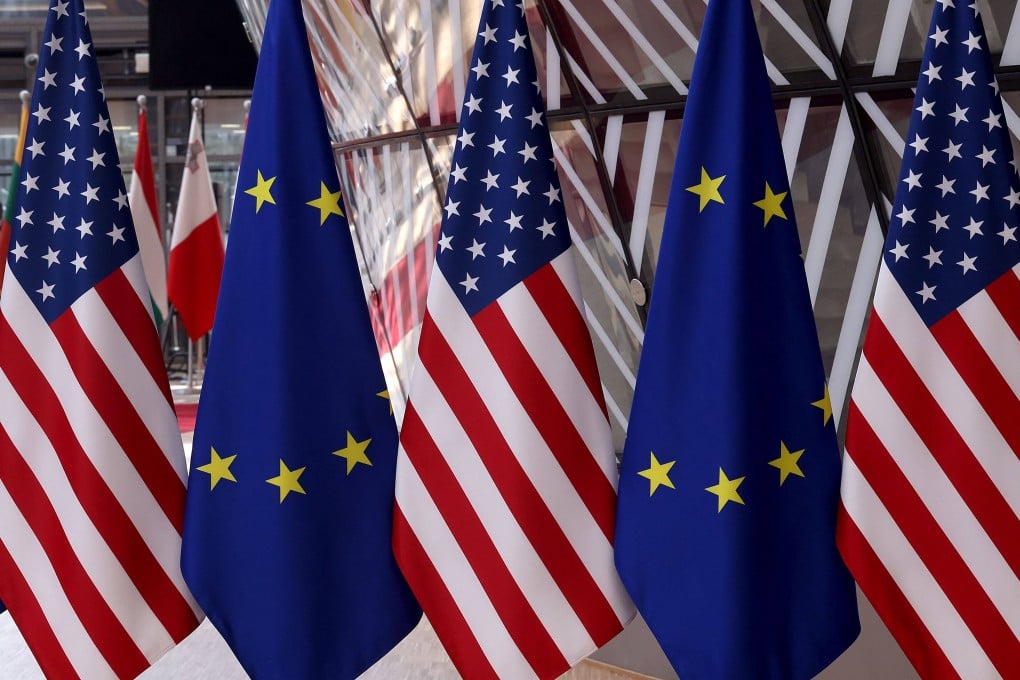My Take | How to shoot yourself in the foot with sanctions, EU and US-style
- In wide-ranging London talk, Hungary’s trade and foreign affairs chief explains why Western sanctions against Russia have badly backfired

Hungary has long been the bad boy of the European Union, and Peter Szijjarto, its long-serving Minister of Foreign Affairs and Trade, lived up to his country’s reputation last week.
Speaking at Chatham House in London, Szijjarto blasted the EU and the United States for their hypocrisy and failure over sanctions against Russia. His remarks were delivered almost at the same time that his boss, Prime Minister Viktor Orban, was hosting President Xi Jinping on a state visit in Budapest to promote closer ties.
Szijjarto made three interesting claims. First, Russians hire non-Russian workers to work on nuclear power projects, as approved by the EU, in Hungary, for window-dressing.
Second, many EU states have been paying inflated prices for “Indian” oil, which New Delhi bought with steep discounts from Russia.
Third, Russia remains the biggest supplier of enriched uranium to the US.
Together, they are symptomatic of why the much-touted sanctions, designed to collapse the Russian economy and the regime in Moscow, ended up hurting ordinary Europeans and their economies, while encouraging the rise of far-right movements, some friendly with Russia.
Hungary has a €12.5 billion (HK$105.5 billion) contract with Rosatom, the Russian state-run nuclear energy company, dating from 2014, to build two reactors. That was one reason Hungary had objected to EU attempts to include nuclear energy on the long list of sanctions. A year ago, Hungary received European Commission approval to amend the contract for financing and management supervision. Brussels just didn’t want to end up having to compensate Hungary for financial losses if sanctions were imposed.
